
Austen, Blake and Scott
Jane Austen’s domestic novels, William Blake’s multi-media poems, and Walter Scott’s historical fictions pose distinctive intellectual challenges whose critical and political relevance keep surprising me. My publications on Austen include essays on how Northanger Abbey contributes a chapter to the philosophical history of boredom, how Persuasion critiques the political and moral efficacy of visual satire, and how Mansfield Park theorizes the novel form as a design medium, through its references to experimentation and to landscape gardening. In various articles and chapters on Blake, I examine how his proverbs are viral media that try to undermine the law’s ability to regulate, and how his pictures seek to instrumentalize beauty’s political radicalism.
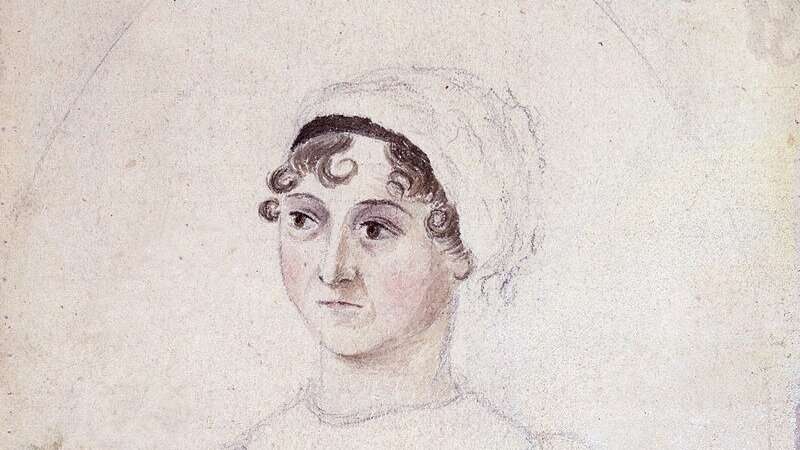
Much of my book Sentimental Masculinity and the Rise of History, 1790-1890 (Cambridge, 2009) charts how Victorian academics defined the then-fledgling discipline of History in opposition to Scott’s historical novels, in part because they thought Scott had staked an individual’s ability to know and understand the past too much on his capacity for sentiment. I have also published on Scott’s narrative and intellectual influence on contemporary living history museums like Colonial Williamsburg, and on how his visually evocative novels theorize vision and visual immersion in ways that contributed significantly to the history and development of early immersive media.

“The Walter Scott Experience: Living American History after Waverley,” in Constellations of a Contemporary Romanticism, ed. by Jacques Khalip and Forest Pyle (Fordham UP, 2016).

“Google Blake,” Romantic Circles (July 2016)

“The Joy of Looking: What Blake’s Pictures Want,” Representations, 119 (2012): 1-36.
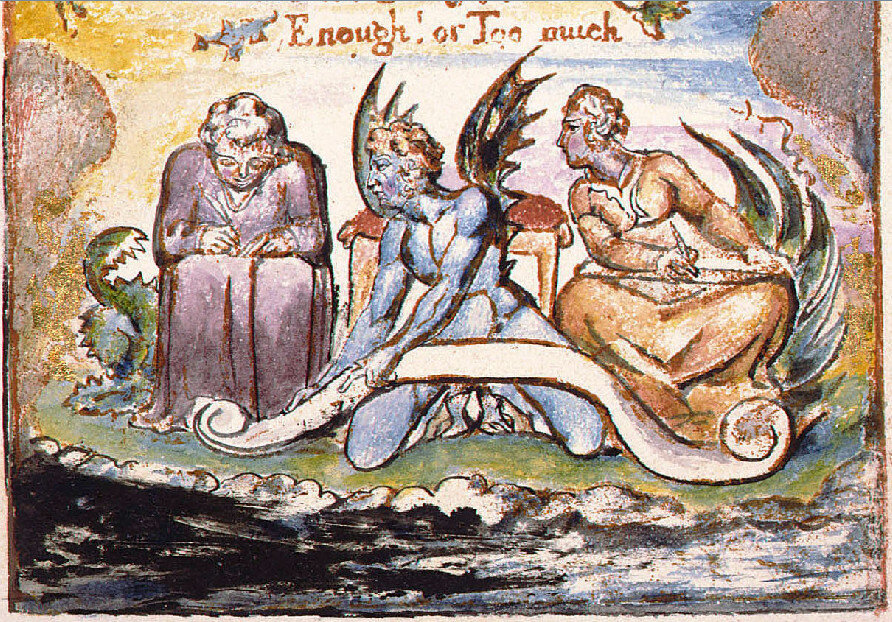
“Blakespotting,” PMLA 121:3 (2006): 769-86.
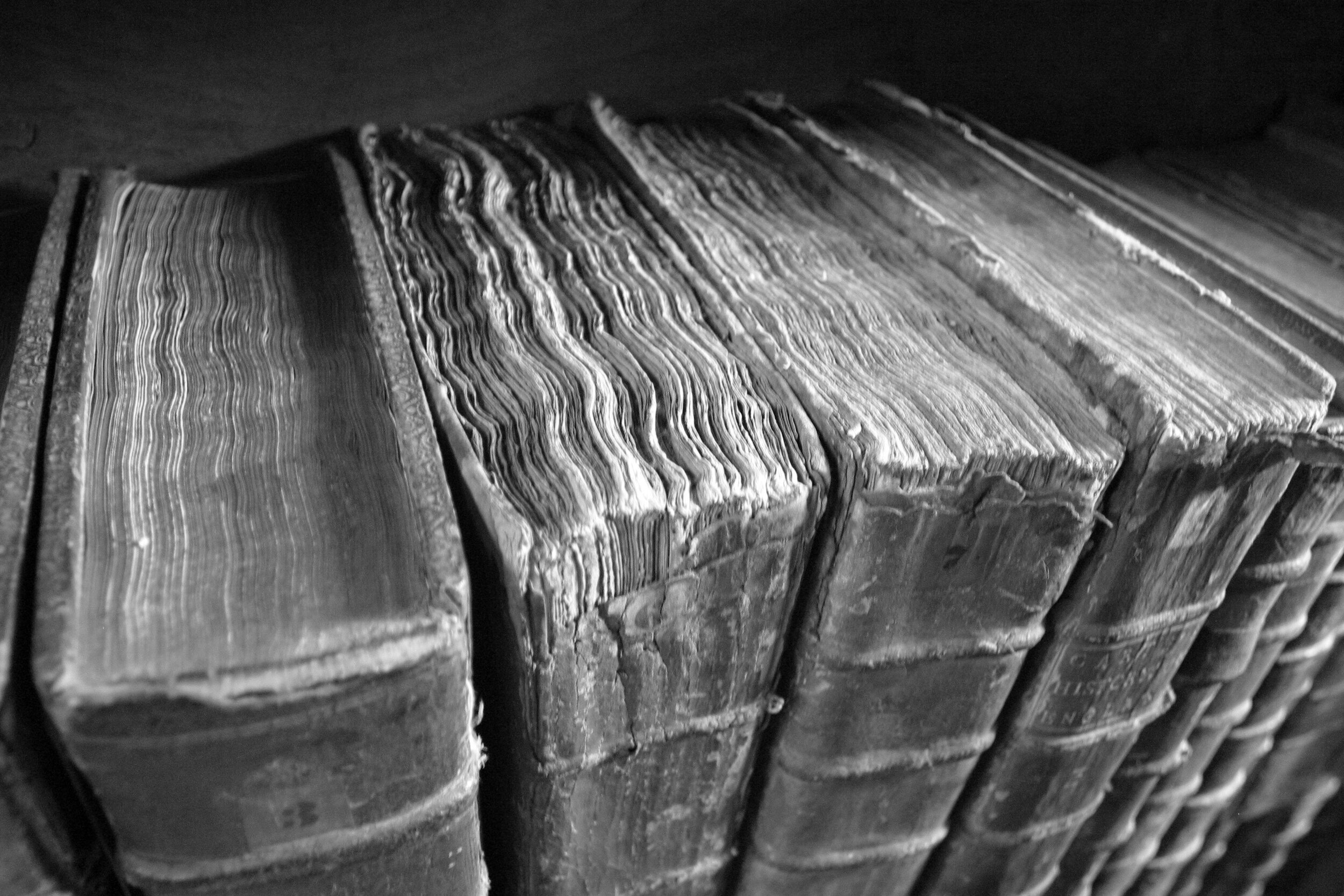
“Boredom and the excitements of history: settling interests, nerves, and narratives in Rob Roy and Northanger Abbey,” Chapter 4 of Mike Goode, Sentimental Masculinity and the Rise of History, 1790-1890 (Cambridge: Cambridge UP, 2009)

“The Public and the Limits of Persuasion in the Age of Caricature,” in The Efflorescence of Caricature, ed. by Todd Porterfield (Aldershot: Ashgate Press, 2011).

“Dryasdust Antiquarianism and Soppy Masculinity: The Waverley Novels and the Gender of History,” Representations 82 (2003): 52-86.
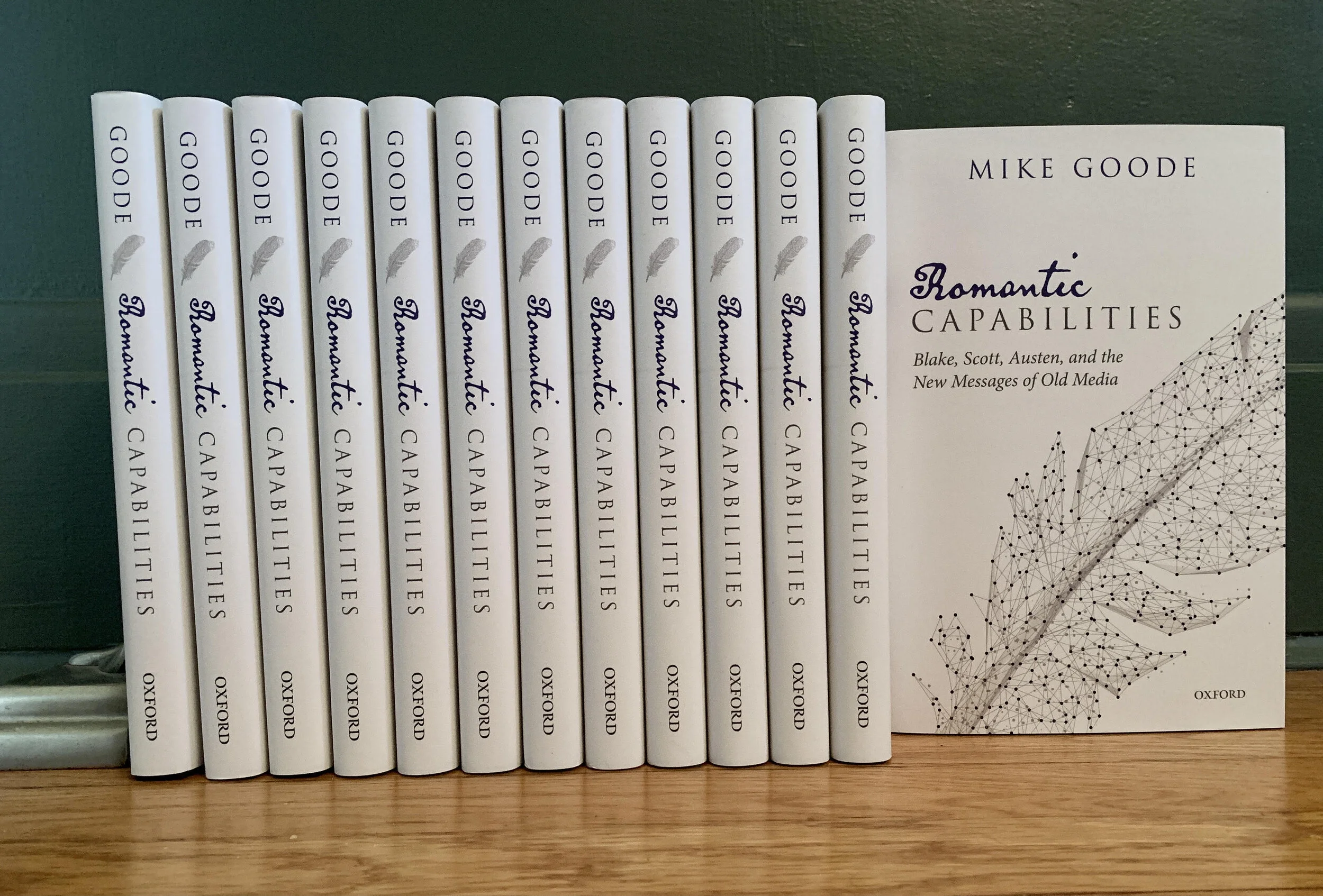
Romantic Capabilities: Blake, Scott, Austen, and the New Messages of Old Media (Oxford: Oxford UP, 2020).
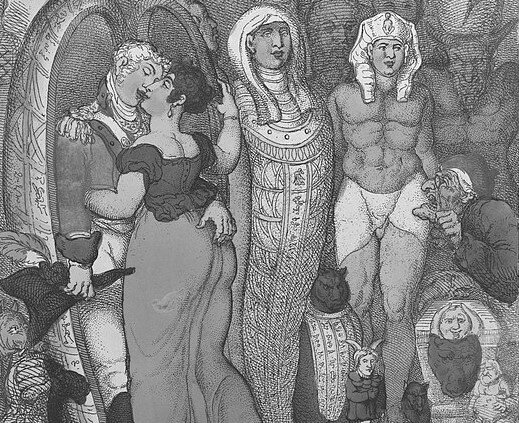
“Morbid antiquaries and vital men of feeling: the gender of history in the Waverley novels,” Chapter 3 of Mike Goode, Sentimental Masculinity and the Rise of History, 1790-1890 (Cambridge: Cambridge UP, 2009)